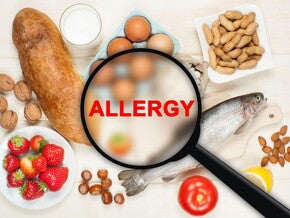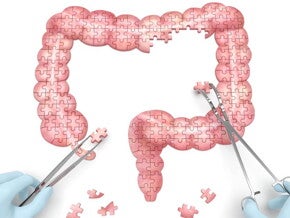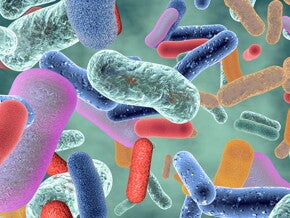![[Guideline Summary] The American Academy of Pediatrics Guidelines on Allergy Prevention in Infants and Children](/sites/default/files/styles/header_image_article_mobile/public/2019-11/044_Baby-and-eczema.jpg.webp?itok=fC3VyUqZ)
[Guideline Summary] The American Academy of Pediatrics Guidelines on Allergy Prevention in Infants and Children
Summary and recommendations
- There is a lack of evidence to support maternal dietary restrictions during pregnancy or lactation
- Exclusive breastfeeding for the first 3 to 4 months may decrease the incidence of eczema in the first 2 years of life, however there are no advantages for exclusive breastfeeding beyond 3 to 4 months for the prevention of atopic disease
- Duration of breastfeeding longer than 3 to 4 months (irrespective of exclusivity) may be protective against wheezing in the first 2 years of life
- Longer duration of breastfeeding may protect against asthma, even after 5 years of age
- No conclusions can be made about the role of breastfeeding in preventing or delaying the onset of food allergies
- There is a lack of evidence that partially or extensively hydrolysed formula prevents atopic disease
- There is no evidence that delaying the introduction of allergenic foods, such as peanuts, eggs, and fish beyond 4 to 6 months prevents atopic disease. Meanwhile, there is now evidence that early introduction of peanuts may prevent peanut allergy
Link to the full article: https://pediatrics.aappublications.org/content/pediatrics/early/2019/03/15/peds.2019-0281.full.pdf
Reference
Greer FR, Sicherer SH, Burks AW, American Academy of Pediatrics Committee on Nutrition, American Academy of Pediatrics Section on Allergy and Immunology. The effects of early nutritional interventions on the development of atopic disease in infants and children: The role of maternal dietary restriction, breastfeeding, hydrolyzed formulas, and timing of introduction of allergenic complementary foods. Pediatrics. 2019;143(4):1-11.
Other online article that you might be interested in:
Misconceptions on lactose intolerance and cow’s milk allergy
WYE-EM-124-APR-19
If you liked this post you may also like



